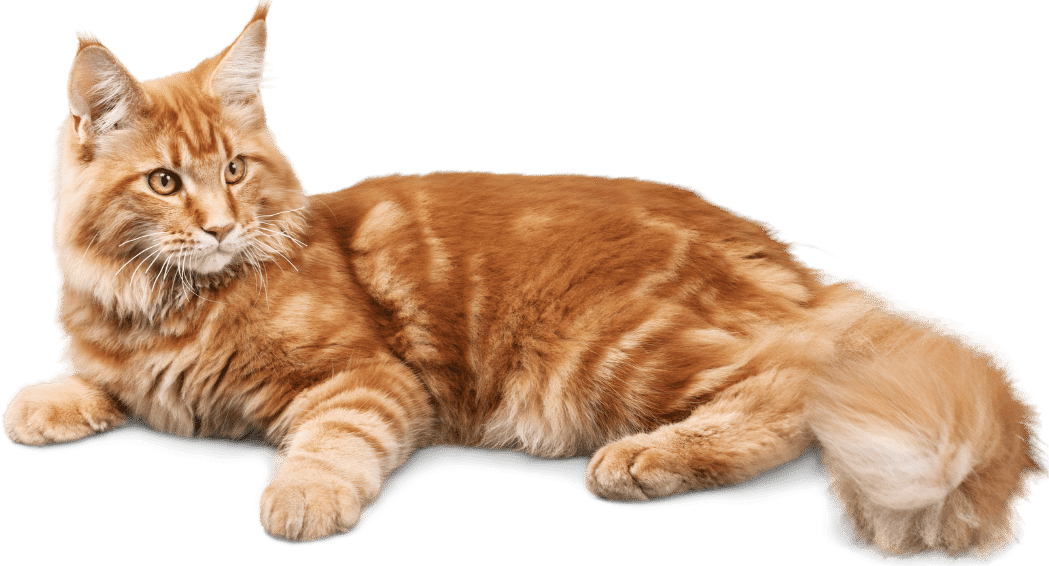How to Take Care of a Persian Cat
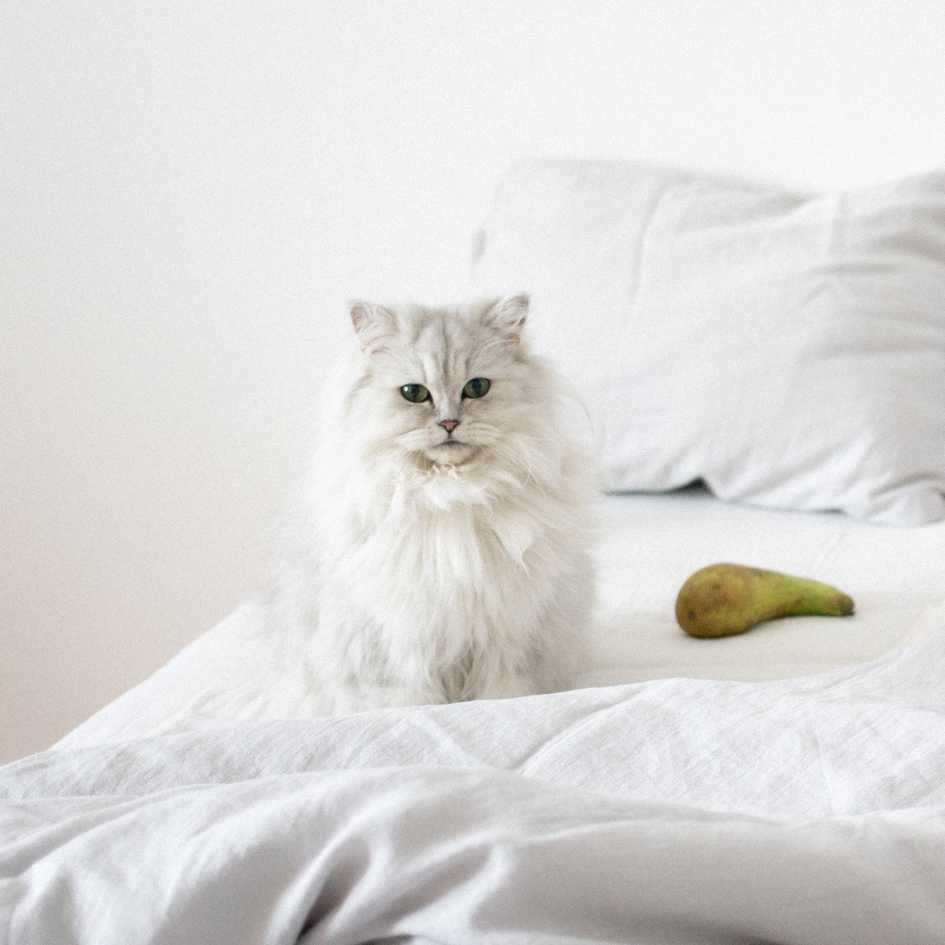
Persian cats are renowned for their luxurious coats, charming personalities, and regal demeanor. As one of the most popular and recognizable cat breeds worldwide, Persian cats require specific care to keep them healthy, happy, and looking their best. This comprehensive guide will cover all aspects of Persian cat care, from grooming and diet to health and lifestyle tips, to ensure your feline companion thrives.
Understanding the Persian Cat
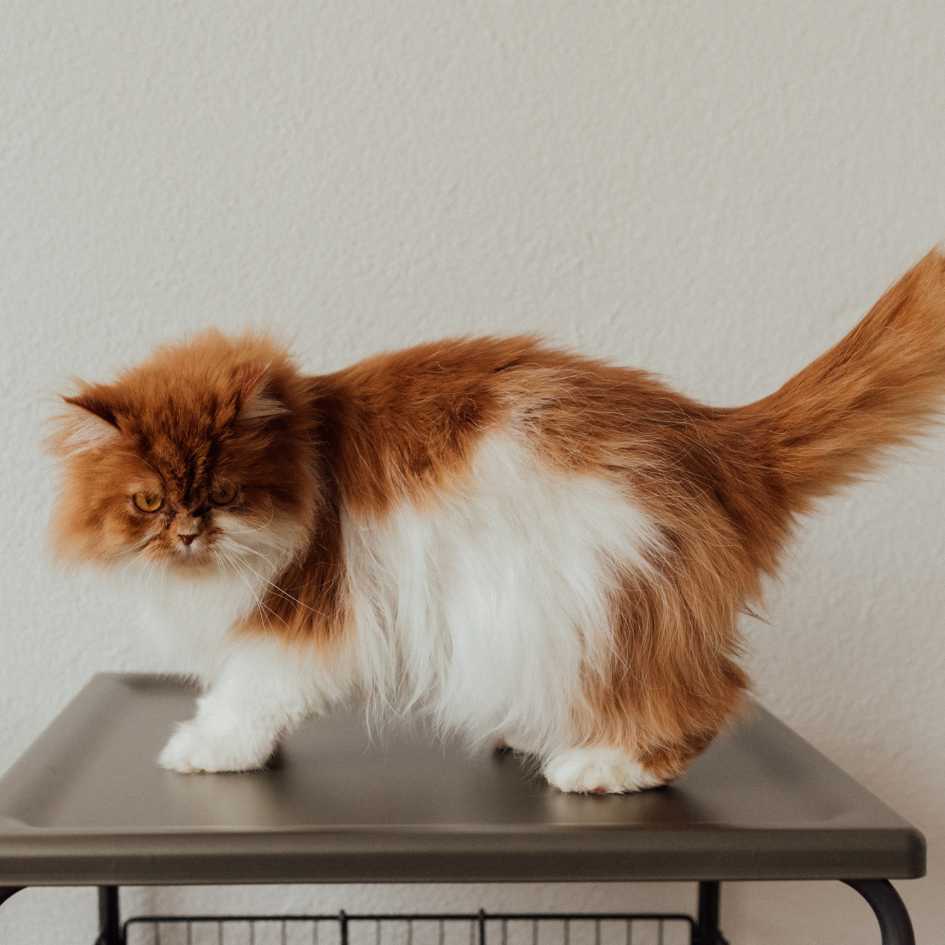
- Coat: Long, thick, and silky fur that comes in a variety of colors.
- Face: Flat-faced (brachycephalic) with large, expressive eyes.
- Body: Medium-sized with a sturdy build and short legs.
- Persian cats are calm, affectionate, and enjoy lounging around.
- They are known to be quiet and gentle, making them ideal companions for families or individuals.
- While not overly playful, they enjoy interactive play sessions and can form strong bonds with their owners.
- The average lifespan of a Persian cat is 12-16 years. Proper care can help them live longer and healthier lives.
Grooming Your Persian Cat
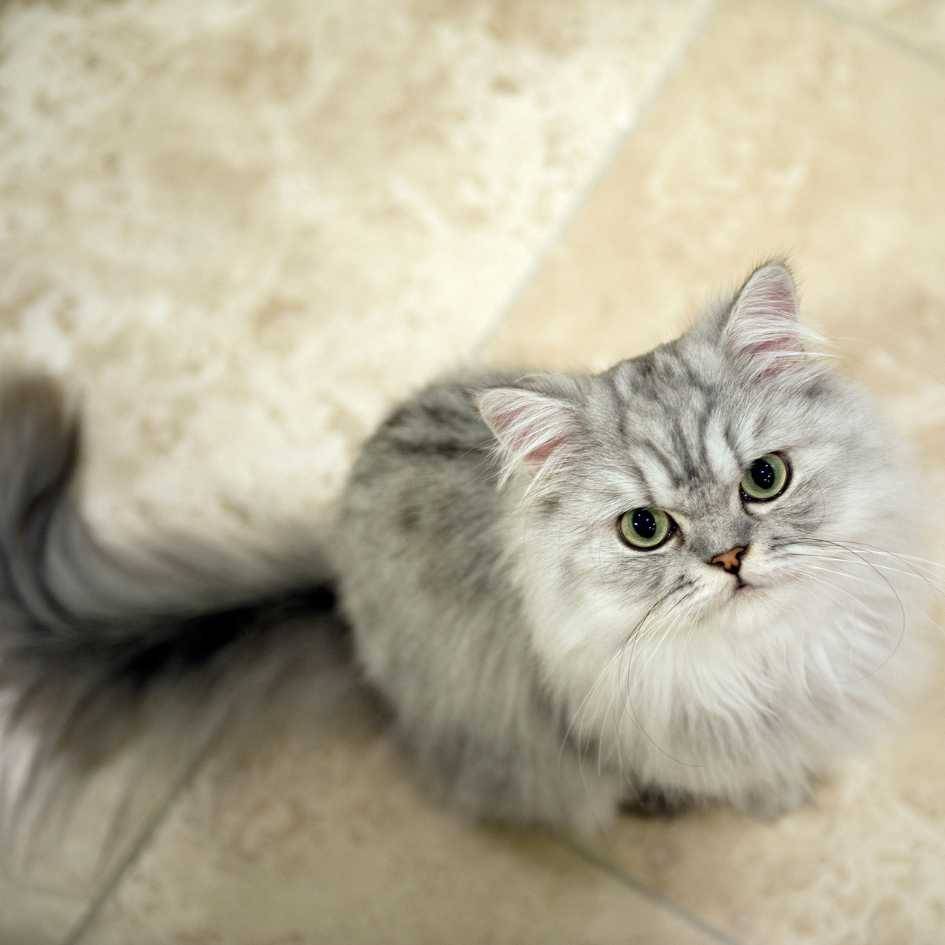
- Persian cats’ long fur is prone to tangling and matting. Brush their coat daily using a wide-toothed comb or slicker brush to keep it tangle-free.
- Focus on areas behind the ears, under the legs, and around the tail where mats are more likely to form.
- Bathing is essential to maintain their coat’s cleanliness and reduce shedding.
- Bathe your Persian cat once every 3-4 weeks using a cat shampoo. Ensure the water is lukewarm and rinse thoroughly to remove all soap residues.
- Persian cats often have tear stains due to their flat faces. Use a soft, damp cloth or cotton pad to clean their eyes daily.
- A vet-approved tear stain remover can also be used for persistent stains.
- Trim their nails every 2-3 weeks to prevent overgrowth and discomfort.
- Use a cat-specific nail clipper and be cautious not to cut too close to the quick.
Diet and Nutrition
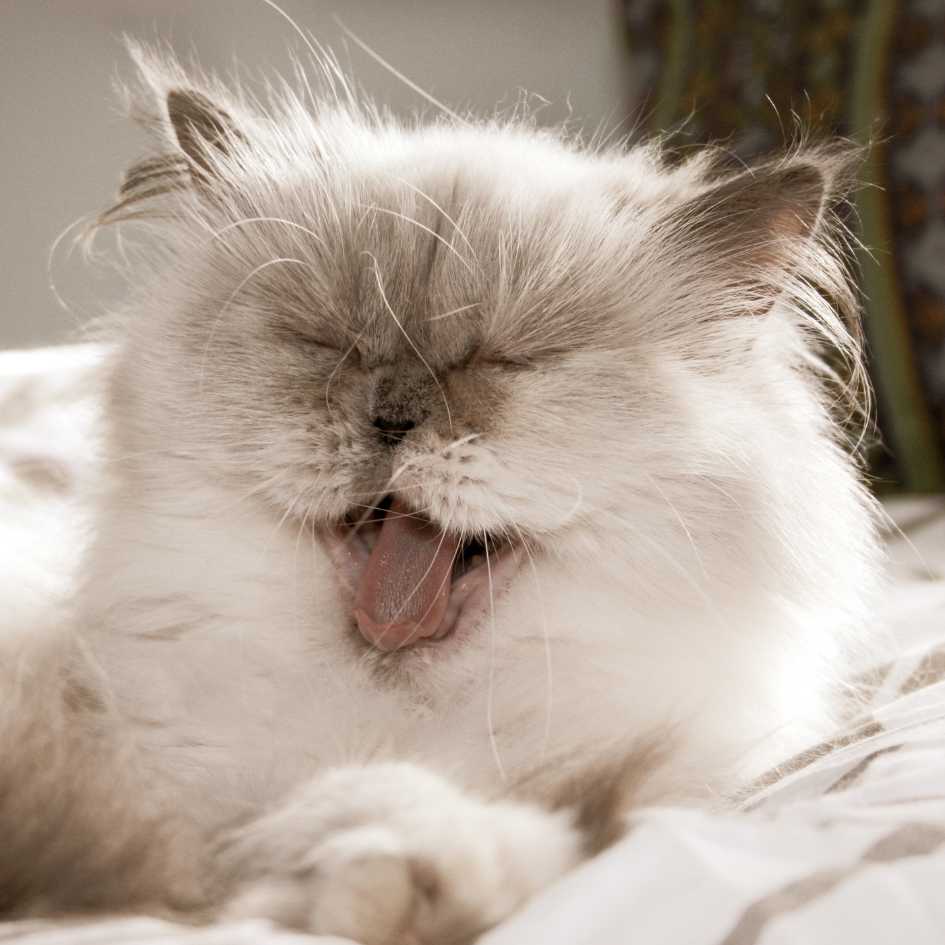
- Persian cats require a diet rich in protein and healthy fats to maintain their luxurious coat and overall health.
- Feed them high-quality cat food or a balanced homemade diet recommended by your vet.
- Avoid feeding them chocolate, onions, garlic, grapes, raisins, or bones as these can be toxic to cats.
- Always provide fresh, clean water. Persian cats can be prone to urinary tract issues, so proper hydration is crucial.
- Follow feeding guidelines based on your cat’s weight, age, and activity level. Overfeeding can lead to obesity, which is a common issue in Persian cats.
Exercise and Mental Stimulation
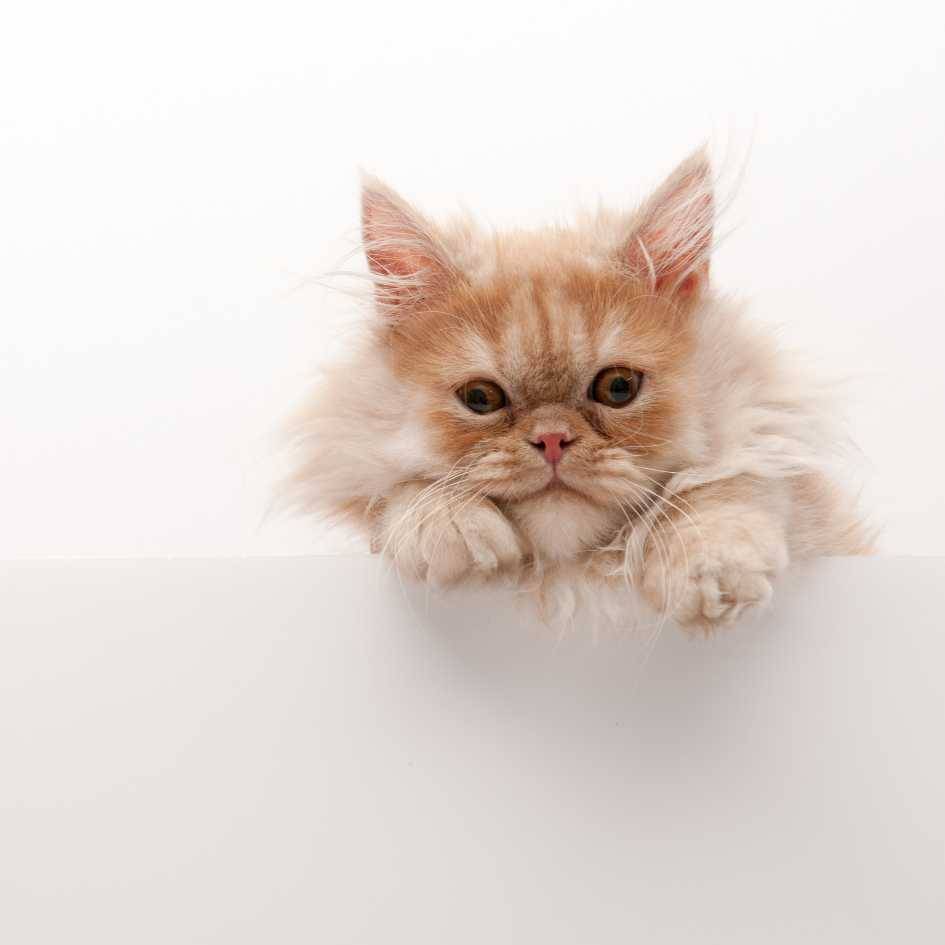
- Provide a variety of toys like feather wands, balls, and laser pointers to keep your cat active.
- Puzzle feeders can also stimulate their minds while rewarding them with treats.
- Spend at least 10-15 minutes daily engaging your Persian cat in play to strengthen your bond and keep them fit.
- Create a safe and stimulating indoor environment with scratching posts, climbing trees, and cozy spots for lounging.
Health Care for Persian Cats
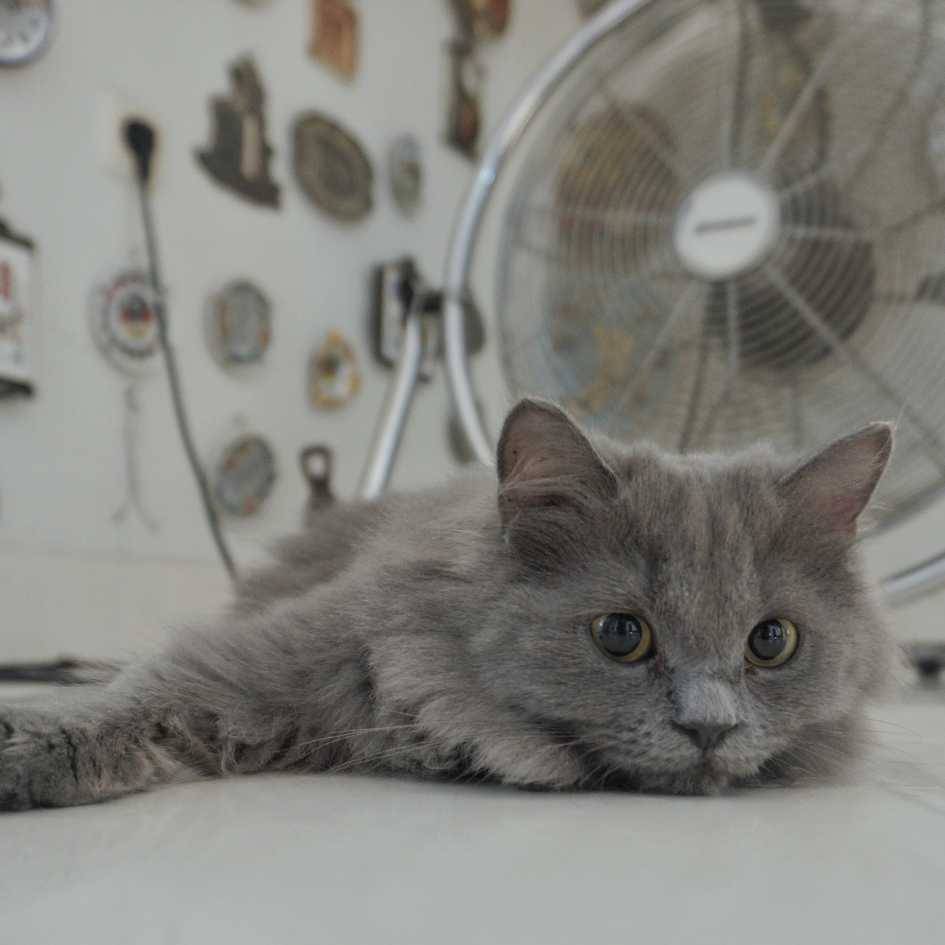
- Respiratory Problems: Due to their flat faces, Persian cats can suffer from breathing difficulties.
- Dental Issues: Regular dental care is essential to prevent gum disease.
- Hairballs: Their long fur makes them prone to hairballs; grooming and a fiber-rich diet can help.
- Keep up with vaccinations and schedule regular vet check-ups to monitor their health.
- Use vet-approved flea and tick treatments and dewormers to protect your cat from parasites.
- Look out for symptoms like lethargy, loss of appetite, vomiting, or breathing difficulties. Seek veterinary care if any issues arise.
Creating a Comfortable Home Environment
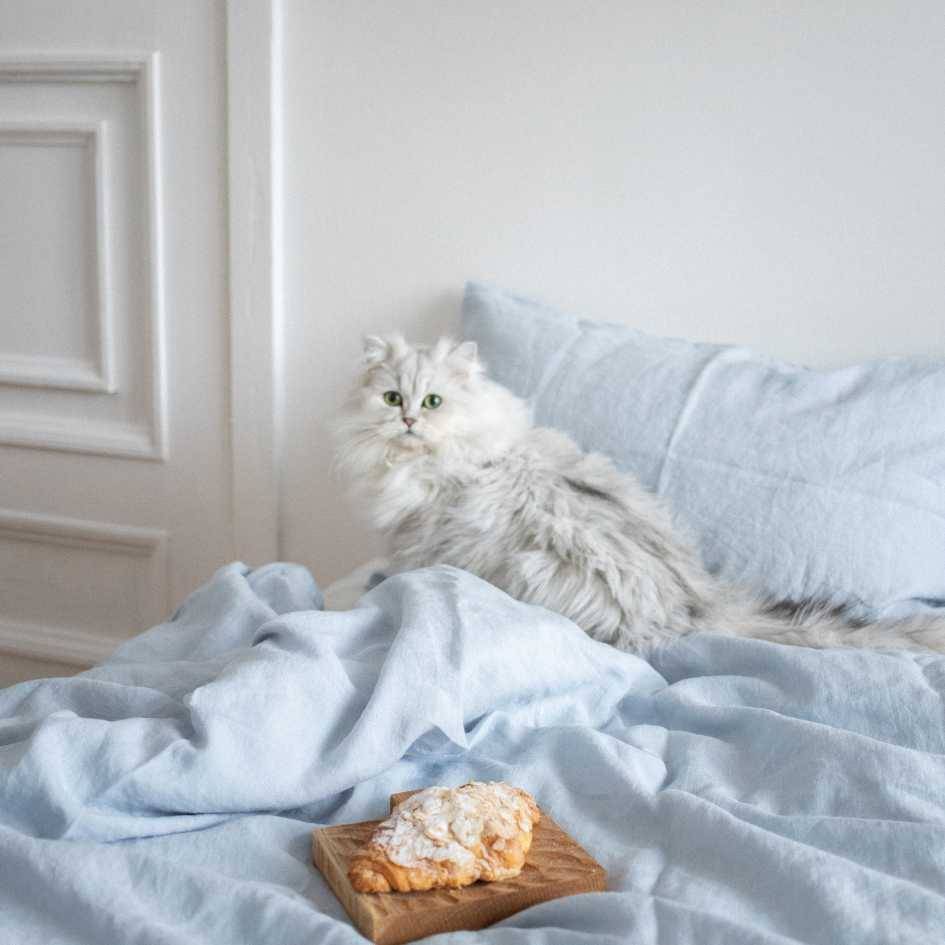
- Place the litter box in a quiet, accessible area and clean it daily. Persian cats are particular about cleanliness.
- Provide soft, comfortable beds in warm and quiet spots where your cat can relax.
- Offer scratching posts to satisfy their natural scratching instincts and protect your furniture.
Special Tips for Persian Cat Owners
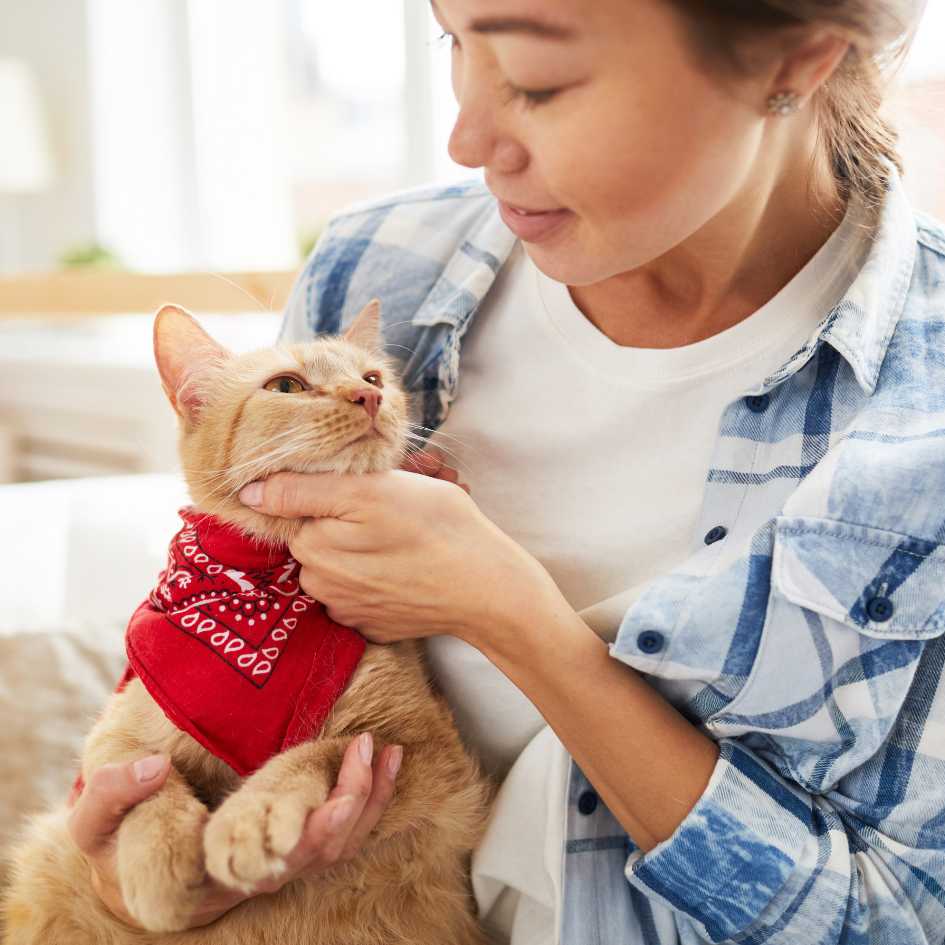
- Persian cats are sensitive to heat due to their thick coats. Keep them in a cool environment during hot weather.
- Increase grooming sessions during shedding seasons to manage their fur effectively.
- Use a well-ventilated carrier and make sure they’re comfortable and secure during travel.
Cost of Caring for a Persian Cat in India

- The cost of purchasing a Persian cat in India ranges from ₹20,000 to ₹50,000, depending on the quality and breeder.
- Initial supplies like litter boxes, brushes, and beds add to the expense.
- Food: ₹1,500 – ₹2,500.
- Grooming: ₹500 – ₹1,000.
- Vet Visits: ₹1,000 – ₹2,000 (depending on services).
- Emergency vet visits and additional grooming services may increase costs.
Why Persian Cats Make Great Pets
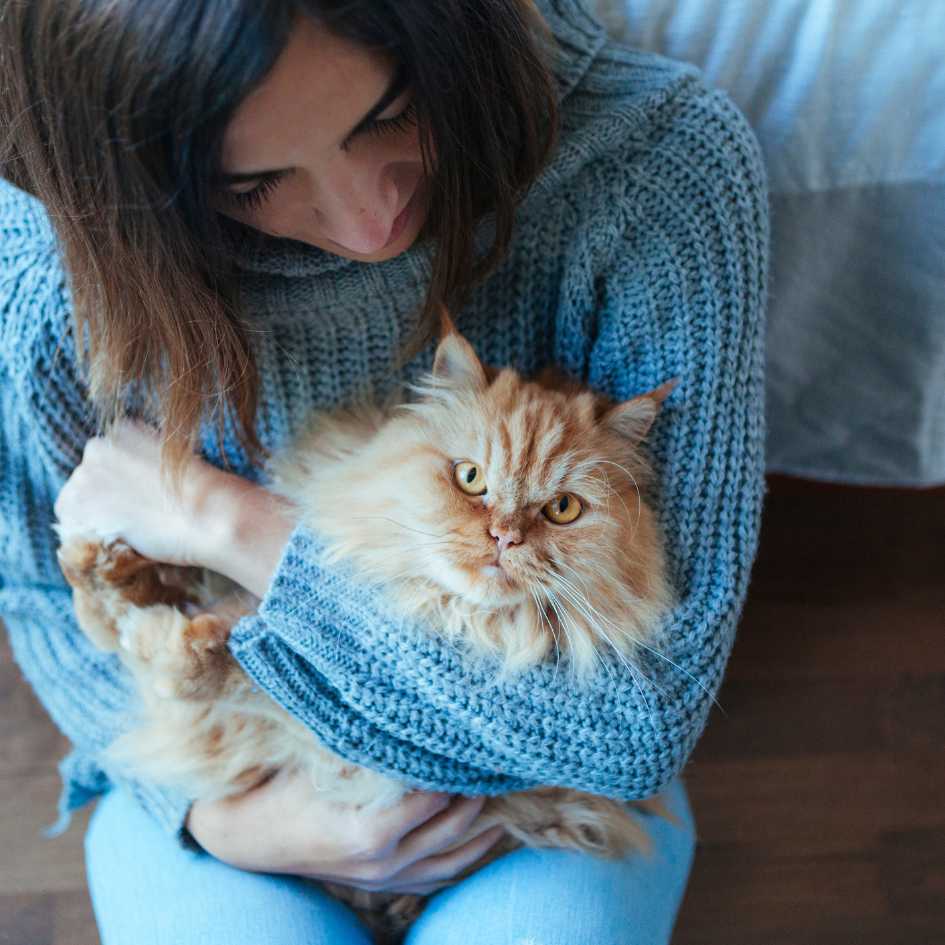
- Persian cats are affectionate and adapt well to indoor living.
- Their calm demeanor makes them ideal for families and individuals alike.
- They add elegance and charm to any household.
Conclusion
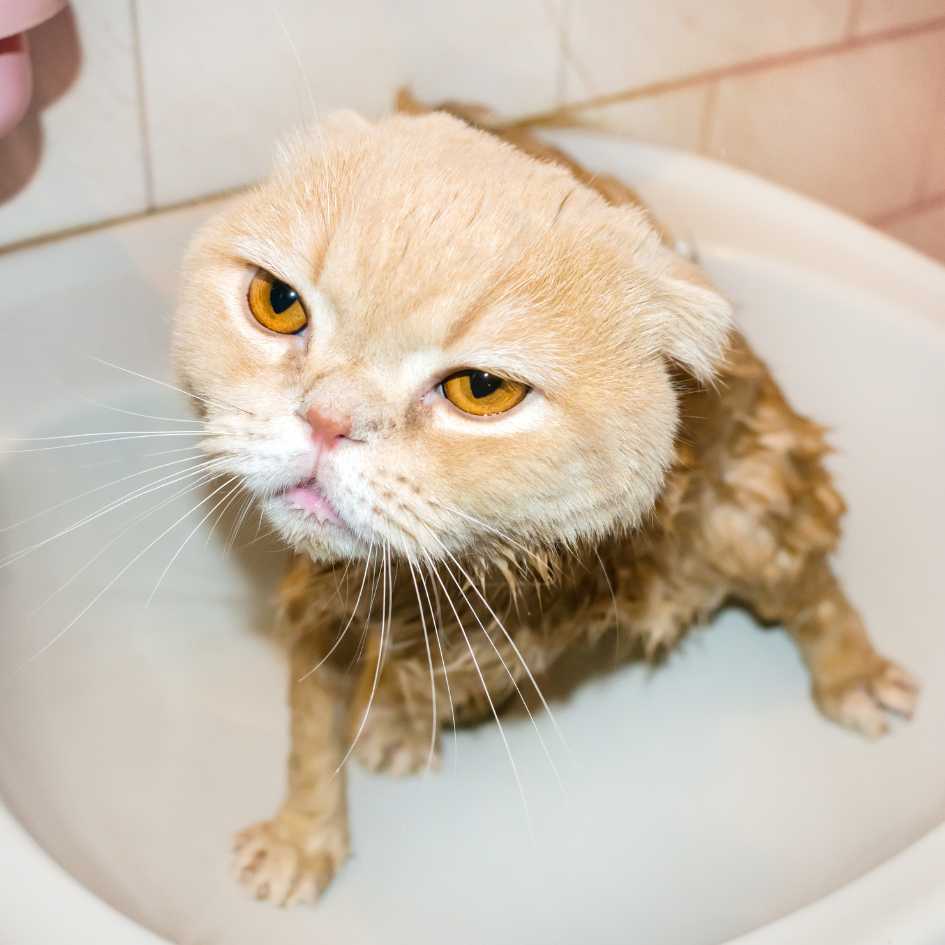
Caring for a Persian cat requires dedication, but the rewards of having such a loving and beautiful companion are immeasurable. From regular grooming to a balanced diet and a comfortable environment, ensuring your Persian cat’s well-being is key to a happy and healthy life. By following the tips in this guide, you can enjoy a fulfilling relationship with your Persian cat and provide them with the care they truly deserve.


